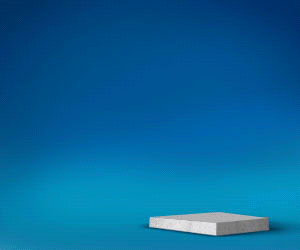Treasury Secretary Scott Bessent said the Trump administration is planning to boost U.S. manufacturing employment with policies meant to steer laid-off federal workers into factories. In an interview with Tucker Carlson published Friday on the social platform X, the Treasury secretary said he believed the U.S. had enough workers to fill thousands of manufacturing jobs Trump hopes to create through steep import taxes. “On one side, the president is reordering trade,” Bessent said. “On the other side, we are shedding excess labor in the federal government, and bringing down federal borrowings.” “That will give us the labor that we need for the new manufacturing,” Bessent continued, arguing artificial intelligence and automation would limit how many workers needed to fill new jobs.
Bessent said the combination of tariffs and federal layoffs would help shift U.S. economic power away from the government and back toward the private sector. The secretary claimed without evidence that the U.S. private sector was in recession under the Biden administration despite a historic level of private job creation under Trump’s latest predecessor. “It’s almost like when a bodybuilder is taking steroids,” Bessent explained. “Outside, it looks great. You’re muscular. Inside, you’re killing your vital organs. That’s what was going on here.” Bessent’s remarks came after a bloody week for financial markets following Trump’s tariff rollout and deepening concerns about the economic impact of his agenda. All three major indexes are down well more than 15 percent from record highs set after Trump’s election, and the Dow Jones Industrial Average closed with a loss of more 2,200 points Friday.


Trump last week announced he would impose up to $600 billion in new taxes on foreign goods, which are set to take effect Wednesday. Stocks have cratered in the aftermath of Trump’s announcement, which could boost the prices of major goods and weigh on the global economy. Business and consumer confidence in the economy has plunged as Trump’s tariffs and the administration’s lack of clarity deepen the uncertainty facing businesses. Even many within the industrial sector, the intended beneficiary of Trump’s tariffs, are fearful of how much costs could rise for U.S. production. Trump and his economic team have offered conflicting goals for his new tariffs. The president and his advisers have insisted they will not back down on the new import taxes, but want trading partners to change their policies in exchange for potential relief.
The administration has also proposed tariffs as a way to pay for several major tax cuts, even though the revenue from import taxes would run dry if companies actually heeded Trump’s call to make products in the U.S. Bessent argued that the president’s economic policies were essential to preventing a financial crisis, comparing the Trump agenda to reinforced cockpit doors that he said could have prevented the Sept. 11, 2001, terrorist attacks. “I think one of the things that we won’t get credit for, but that this administration will have done, is avoiding a financial calamity” Bessent said. “We’re putting on the reinforced doors before the crash.”





































